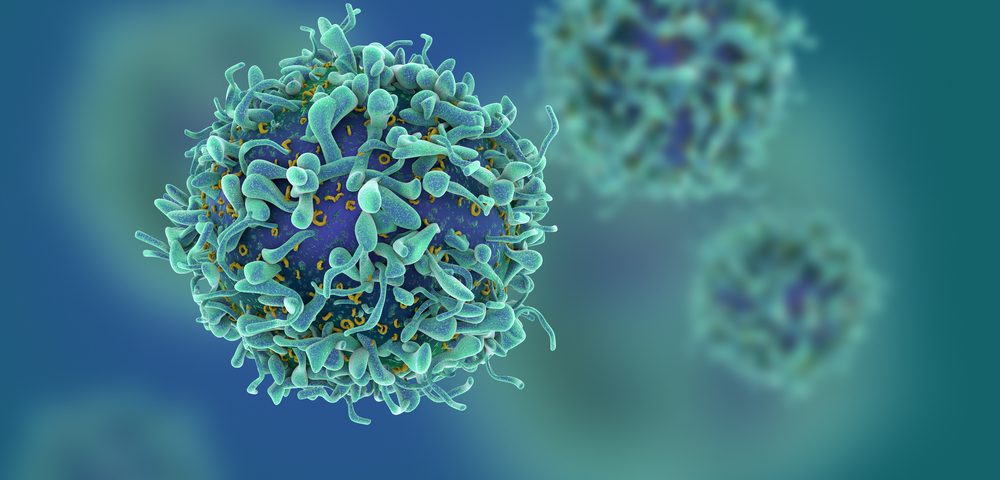Researchers may be one step closer to curing cancer using adoptive T-cell immunotherapies, a type of immunotherapy in which the patient’s own immune cells are harvested, genetically modified in the lab to attack the cancer cells, and expanded before being inserted back into the patient’s bloodstream.
Although these cells are usually short-lived and die before they have time to eradicate the tumors, the study “S-2-hydroxyglutarate regulates CD8+ T-lymphocyte fate,” published in Nature, shows that a small molecule called S-2-hydroxuglutarate, or S-2-HG, can prolong the life-span of these cells, improving their ability to fight tumors.
In recent years, adoptive T-cell immunotherapy has emerged as a promising new field. It uses the patient’s own killer T-cells, which are programmed to recognize specific proteins of the cancer cells and expand to generate large numbers before being reintroduced back into the patient’s body to attack the tumor.
Although the approach has yielded promising results, responses to the treatment are often limited because killer T-cells are short-lived, surviving for approximately three days after being transferred.
Now, researchers from England’s University of Cambridge have found a way of prolonging the life-span of these cells. They found that S-2-HG, a modified form of a molecule that is often involved in the abnormal growth of tumor cells, could play a critical role in T-cell function.
The team revealed that increasing the levels of S-2-HG in the T-cells induce them to remain in a “memory state,” which is when T-cells can renew themselves, persist for long periods of time, and become re-activated whenever they have to combat infection or cancer. Indeed, these cells where seen to destroy tumors in a much more effective manner.
“In a sense, this means that rather than creating killer T-cells that are active from the start but burn out very quickly, we are creating an army of ‘renewable cells’ that can stay quiet for a long time, but will go into action when necessary and fight tumor cells,” Prof. Randall Johnson, Wellcome Trust Principal Research Fellow at the Department of Physiology, Development & Neuroscience at the University of Cambridge, said in a news release.
“So, with a fairly trivial treatment of T-cells, we’re able to change a moderate response to tumor growth to a much stronger response, potentially giving people a more permanent immunity to the tumors they are carrying,” he said. “This could make immunotherapy for cancer much more effective.”


